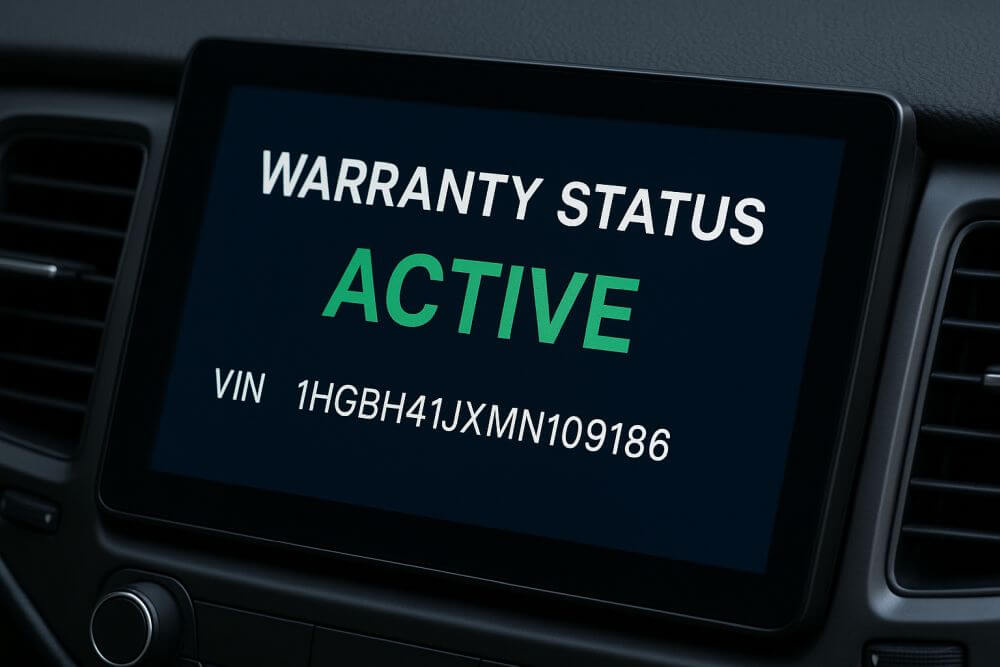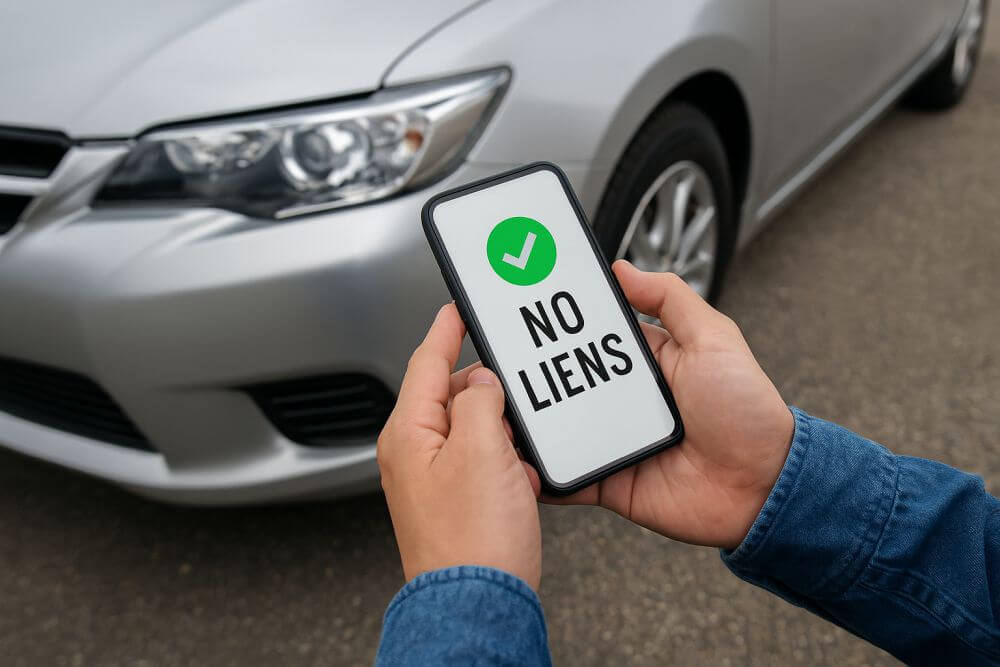When buying a used car, one of the smartest moves you can make is running a vehicle history report. It can be the difference between driving away in a reliable car or getting stuck with a vehicle that’s been damaged, tampered with, or stolen. One of the most well-known names in the business is CARFAX, but it comes at a price. Fortunately, services like VinCheckPro offer a free alternative to CARFAX reports without sacrificing essential information.
In this guide, we’ll break down why getting a vehicle history report matters, how fraud happens in the used car market, and how a free CARFAX report alternative can protect you from common scams.
Why Vehicle History Reports Matter
A vehicle history report is essentially a background check on a car. It pulls data from a variety of sources, including:
- State DMVs and title records
- Insurance claims
- Auto auctions
- Police and theft databases
- Service and inspection centers
What you get is a detailed timeline of the car’s life—accidents, ownership changes, odometer readings, and more.
This information is crucial because used car fraud is more common than most buyers realize. According to the National Highway Traffic Safety Administration (NHTSA), odometer fraud alone costs U.S. consumers more than $1 billion annually. And stolen vehicles are regularly resold with fake VINs or altered titles.
Common Types of Used Car Fraud
Here are a few red flags that a vehicle history report can help uncover:
1. Title Washing
Cars declared as salvage (due to flood, fire, or accident damage) are often retitled in another state to hide their history. This is known as title washing. A vehicle history report will trace these title changes and show any red flags.
2. Odometer Rollback
Unscrupulous sellers may tamper with the odometer to show lower mileage. A history report will highlight inconsistencies in mileage reported during inspections, title transfers, or repairs.
3. Stolen Vehicles or Cloned VINs
Some stolen vehicles are sold using the VIN of a similar make/model. Running a VIN check helps reveal theft records or mismatched data.
4. Hidden Accidents or Structural Damage
Sellers may fail to disclose past accidents, but history reports can include records from insurance companies or auction houses showing major damage or airbag deployments.
How a Free Vehicle History Report Helps
You don’t need to spend $40 on a CARFAX report to protect yourself. VinCheckPro.com offers 100% free vehicle history reports using either:
- The 17-digit VIN, or
- The license plate number and state
What You Get with VinCheckPro:
- Title history, including brands like salvage, junk, rebuilt, or flood
- Reported accidents and insurance claims
- Odometer verification and mileage tracking
- Theft and recall data
- Ownership and usage history (e.g. personal, fleet, rental)
These reports are powered by public records and commercial data sources to give you a reliable, no-cost view of a vehicle’s background.
Why You Should Run a VIN Check Before Any Purchase
Even if the car looks clean and the seller seems honest, you should always verify the vehicle’s background before making a purchase. It only takes a few seconds to run a report, and the peace of mind is priceless.
- Meeting a seller on Facebook Marketplace or Craigslist? Run the VIN first.
- Buying from a small used car dealer? Don’t assume they did the check for you.
- Looking at multiple cars? Save money by using a free report service like VinCheckPro instead of paying for each one.
Final Thoughts
Used car fraud is real—but it’s also preventable. A simple vehicle history check can reveal hidden problems that even a mechanic might miss.
Don’t take risks with your money or your safety. Start with a free CARFAX alternative from VinCheckPro and verify the vehicle’s past before you buy.
👉 Run a free vehicle history report with VinCheckPro today and make a smarter, safer decision.


